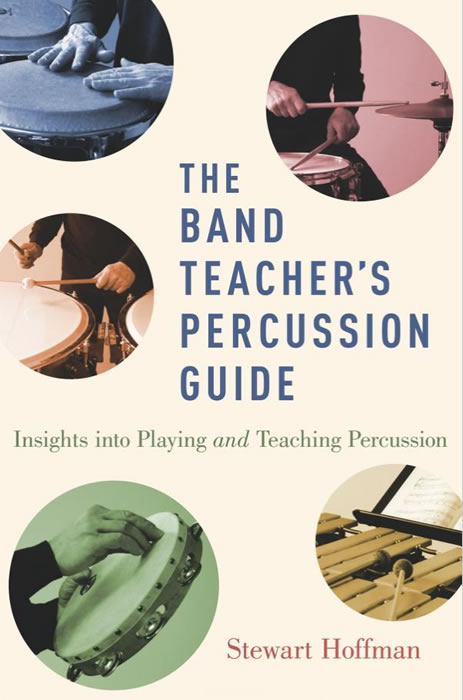Jazz at Massey Hall, May 15, 1953
(The fabled “Greatest Jazz Concert Ever”)
Roy Thomson Hall/Massey Hall Program
By Stewart Hoffman

L to R: Max Roach, Dizzy Gillespie and Charlie Parker at Toronto’s Massey Hall.
On May 15, 1953, alto saxophonist Charlie Parker, trumpeter Dizzy Gillespie, pianist Bud Powell, bassist Charlie Mingus and drummer Max Roach stepped onto the stage of Massey Hall and played a concert that would assume mythic proportions. Each of the performers was seminal in the creation of bebop, and would be towering figures of jazz’s first century. And this was the one and only time that they ever played together. The event inspired the writing of two books and numerous newspaper and magazine articles. Record jackets, and not a few fans, declared it “The Greatest Jazz Concert Ever”.
The concert was the brainchild of the New Jazz Society of Toronto, a group of young enthusiasts – some would say dreamers – led by Dick Wattam. When four NJS members drove to New York one cold January night in 1953 to sign on the five seminal figures of bebop, they surely didn’t realize what they were getting into.
Of course, the rescheduling of a much anticipated, championship boxing match between Rocky Marciano and Jersey Joe Walcott, broadcast on TV the night of the concert, was beyond their control. While it’s difficult to say just how much ticket sales were affected by the competition, the estimated size of the crowd that night was anywhere from 600 to 1700 in a hall that seats 2,765. As a result, the musicians never were fully paid.
Charlie Parker was a source of further anxiety. He missed his scheduled flight to Toronto from New York’s La Guardia airport earlier that day and, while the details are not clear, it appears that it fell upon Dizzy Gillespie to track him down. Though they arrived in town with time to spare, Parker managed to once again go AWOL. When he finally sauntered up to Massey Hall’s stage door at 8:30 – exactly the time stipulated in his contract – the members of the NJS must have breathed a collective sigh of relief.
Legend has it that he arrived in town without a sax, and that the peculiar instrument he was playing was the only one he could borrow at the last minute. What’s more likely is that the white plastic Grafton sax he performed on that night was the same instrument that he is now known to have had on several earlier concert dates. But it wasn’t the only myth associated with that most extraordinary night.
Bud Powell, for example, did not show up drunk, as was claimed by one Charlie Parker biographer. Just three months after being discharged from a New York mental hospital, the troubled pianist needed assistance to walk to the piano. Nevertheless, his performance that night was considered by many to be a highlight of the evening. The proof, of course, is in the recording.
The “CBC All Stars”, essentially a pickup band led by trumpeter Graham Topping opened the show that night, performing contemporary big-band music that included arrangements by Woody Herman and Count Basie. Fugue for Reeds and Brass, a challenging composition by Norman Symonds, who also played baritone sax in the band, was also featured. The All Stars would return at the end of the evening to play three tunes before the quintet, minus Powell, joined-in for the finale.
The quintet had no rehearsal, and no one knew what was going to be played until just before walking onto the stage. They played three tunes, Perdido, Salt Peanuts and All the Things You Are, before breaking for intermission, at which time the band, and much of the audience, ran across Shuter Street to the Silver Rail to catch the fight in TV. (The bout was over in about two-and-a-half minutes, with Marciano winning, much to Dizzy’s dismay.) Max Roach led off the second half with a solo spot called Drum Conversation, after which Powell and Mingus joined him for a trio set. The quintet followed with performances of Wee, Hot House, and A Night in Tunisia.
Of course, the organizers’ excitement must have given way to a grinding anxiety when, at a meeting in the basement of Massey Hall, they had to tell their guests that they couldn’t pay the balance of their fees. In Cool Blues: Charlie Parker in Canada, 1953, Mark Miller quotes Dick Wattam. “I personally was just mortified,” he said. “I just wanted the floor to swallow me up.” Ultimately, cheques were issued, but when Gillespie tried to cash his in New York, “It bounced, and bounced, and bounced,” he said, “like a rubber ball.” Roach and Mingus recorded the concert on their own Debut Records. The tapes were first released on three, ten-inch albums entitled Jazz at Massey Hall, though Mingus, furious when he discovered that his bass was barely audible on the masters, later overdubbed his parts. (Recordings of the CBC All Stars have never been released commercially.) The recordings have been reissued numerous times over the years, with the quintet set recently benefiting from 20-bit remastering. And as fascinating as the extramusical stories are, nothing is more compelling than listening to the music itself.
Half a century later, the concert remains as remarkable as ever: inventive, occasionally raucous, often electric and always fascinating. Whether any concert can be proclaimed “the greatest jazz concert ever” is questionable. But there’s little doubt that in 2053 people will once again be revisiting and celebrating that most extraordinary evening at Massey Hall.
(The fabled “Greatest Jazz Concert Ever”)


